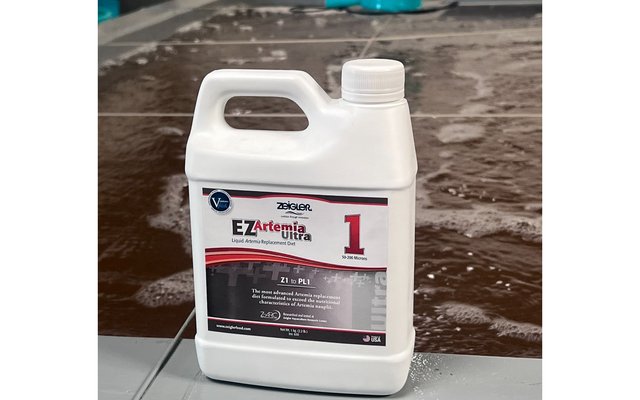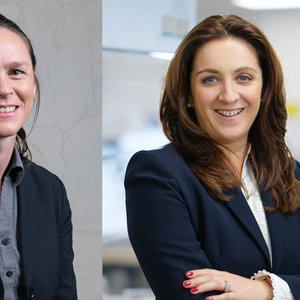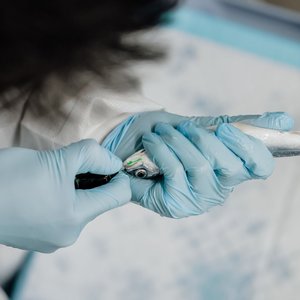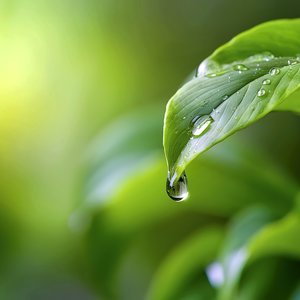A hatchery in East Java, Indonesia, has been using Zeigler liquid feeds since 2015 to optimize the health and survival rates of their larvae during critical developmental stages. Traditionally, the hatchery faced challenges with larvae not adequately consuming dry feeds and struggling during low algae availability with algae cultures prone to fluctuating quality and availability.
The hatchery adopted Zeigler’s EZ Larva and EZ Artemia liquid feeds to address these challenges. In 2024, they upgraded to EZ Artemia Ultra, which includes probiotics in its formulation. EZ Larva was implemented during Zoea and Mysis stages to supplement or replace traditional feeds, especially when dry feed consumption was low or algae cultures were problematic. EZ Artemia Ultra was used during the Mysis and Postlarval stages.
Adopting these diets, the hatchery observed improved consumption rates when switching from dry feeds to Zeigler’s liquid feeds, particularly during periods of low algae availability. After switching to EZ Artemia Ultra, survival rates increased from 50-60% to 70-80% and farms stocking PLs fed with EZ Artemia Ultra reported improvements in survival from around 60% to better than 70%.
“Zeigler’s liquid feeds, particularly the introduction of EZ Artemia Ultra with probiotics, have significantly improved the operational efficiency and success of the East Java hatchery. These results underscore the importance of specialized feeds in overcoming aquaculture challenges and enhancing the sustainability of hatchery operations,” said Mark Rowel Napulan, Asia sales manager at Zeigler Bros. “The hatchery plans to continue leveraging Zeigler’s innovative feed solutions to further improve larvae health and survival rates and explore other products that might address additional stages of aquatic life cycles.”













